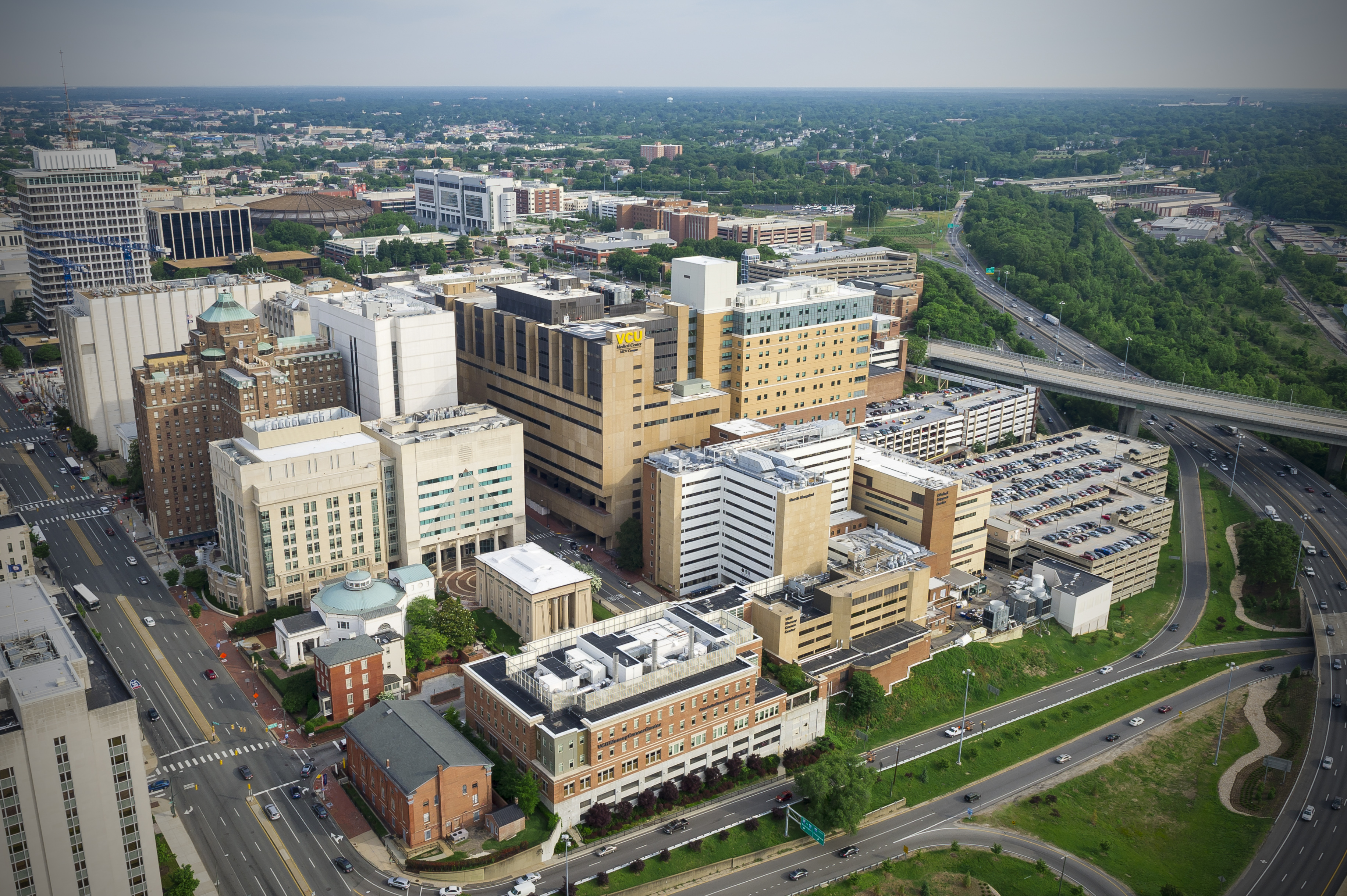Alliance for Equity in Cancer Care
The Alliance for Equity in Cancer Care, known as the Alliance, is a multi-site initiative advancing health equity by improving timely access to high-quality, culturally responsive care for patients from underserved communities. Funded by a $20M commitment from the Merck Foundation, Alliance program partners – or grantees – work alongside community organizations to better reach populations disproportionately affected by cancer.
The Alliance is implementing evidence-informed programs to tackle some of the most pressing challenges cancer patients face, such as language barriers or lack of insurance. In addition, grantees are developing tools and resources to help cancer facilities deliver care more equitably, particularly in community-based settings.
- Improve coordination of care from diagnosis through survivorship
- Strengthen patient-provider communication and patient engagement in treatment decisions
- Build sustainable community partnerships to address barriers to cancer care related to the social determinants or drivers of health and provide psychosocial support services
- Disseminate findings and program results to improve the delivery of equitable cancer care
Whether deploying interventions or advancing best practices, each grantee serves a unique role in helping improve equitable access to cancer care. Learn more about each Alliance grantee below:
- Boston Medical Center (Boston, MA)
- Case Comprehensive Cancer Center (Cleveland, OH)
-
The American Society of Clinical Oncology (ASCO)/Conquer Cancer®, The ASCO Foundation
(Montana) - Mary Bird Perkins Cancer Center (Baton Rouge, LA)
- Memorial Sloan Kettering Cancer Center (New York, NY)
- RWJBarnabas Health and Rutgers Cancer Institute of New Jersey (New Jersey)
- University of Kentucky Markey Cancer Center (Kentucky)
- National Comprehensive Cancer Network (NCCN)
Despite major advancements in cancer treatment, more work is needed to ensure equitable, high-quality cancer care is accessible to all people. Racial and ethnic minorities, populations living in rural areas, low-income individuals or those without insurance are often disproportionately affected by cancer and with limited access to cancer screenings, care and treatment.
Other social and economic factors – known collectively as the social determinants or drivers of health – also influence timely access to high-quality cancer care, which in turn can significantly affect patient outcomes. Common factors affecting access to care include:
- Economic stability
- Neighborhood and physical environment
- Education
- Food security
- Community and social context
- Health care
